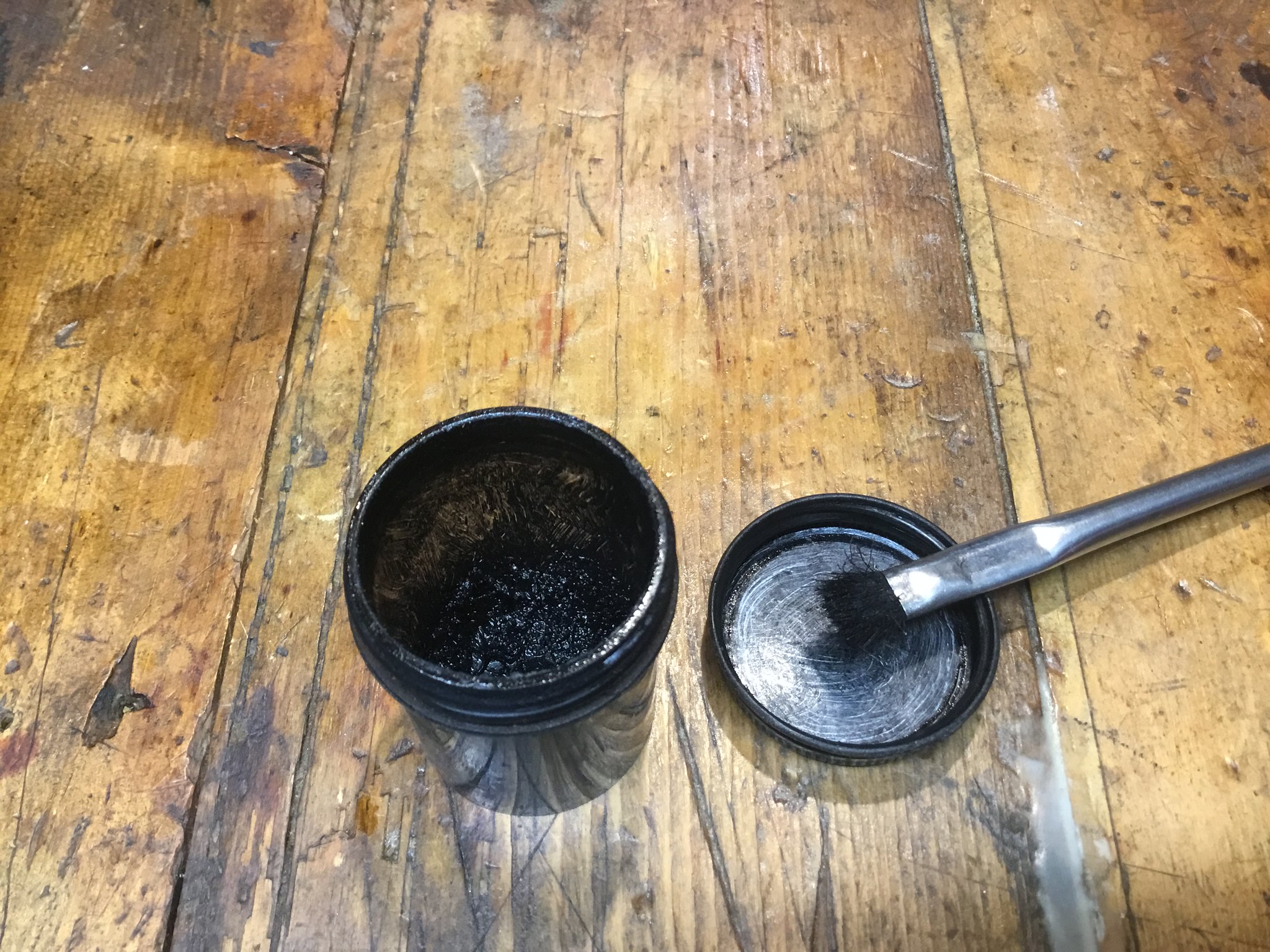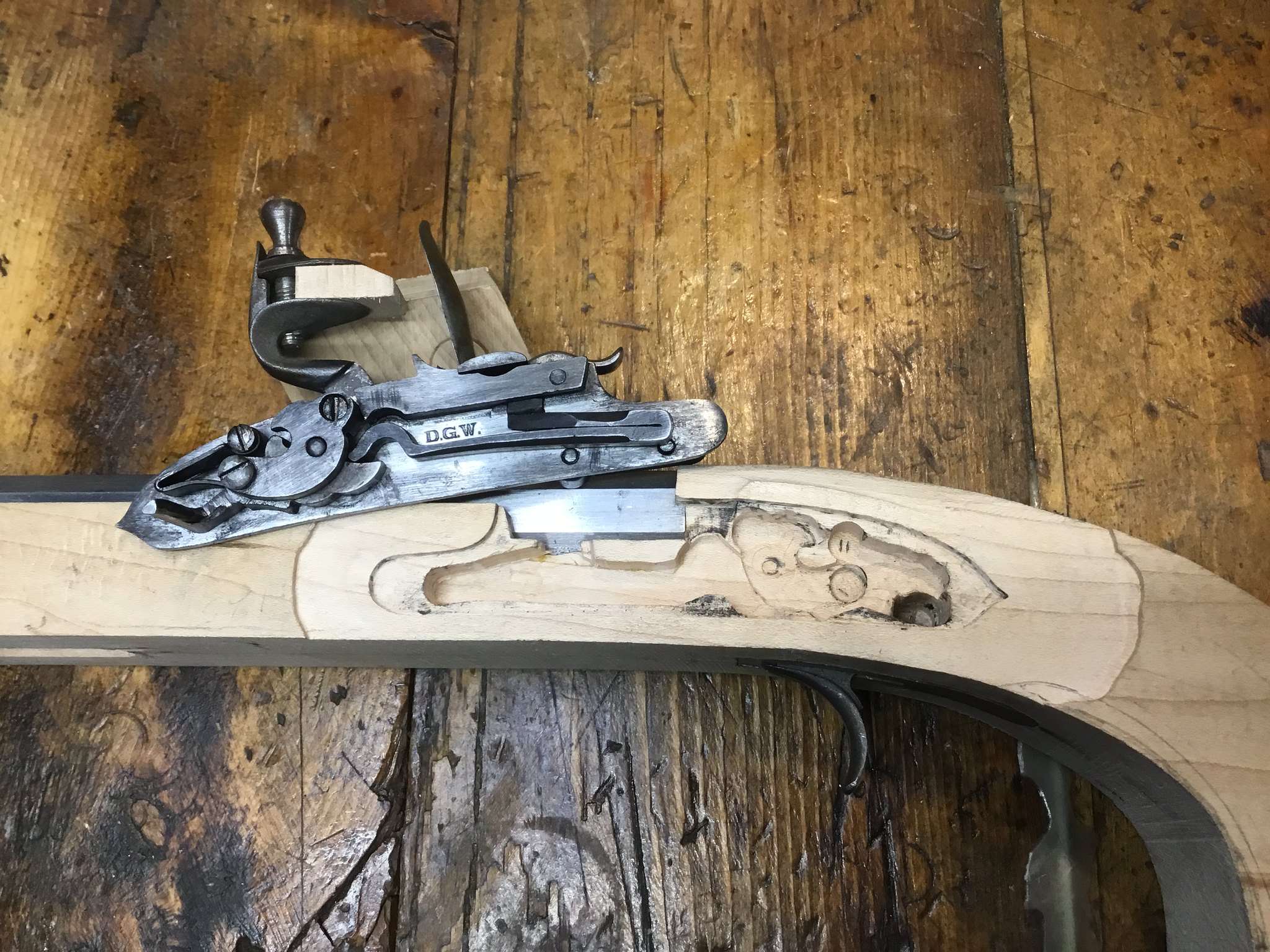8Ball
36 Cl.
Hi everyone. What stuff you people use for blackening metal parts when you want to check the fitting on wood? I use a candle but I am always looking for the damn lighter. I think this thing alive and it moves from places to hide by itself...






